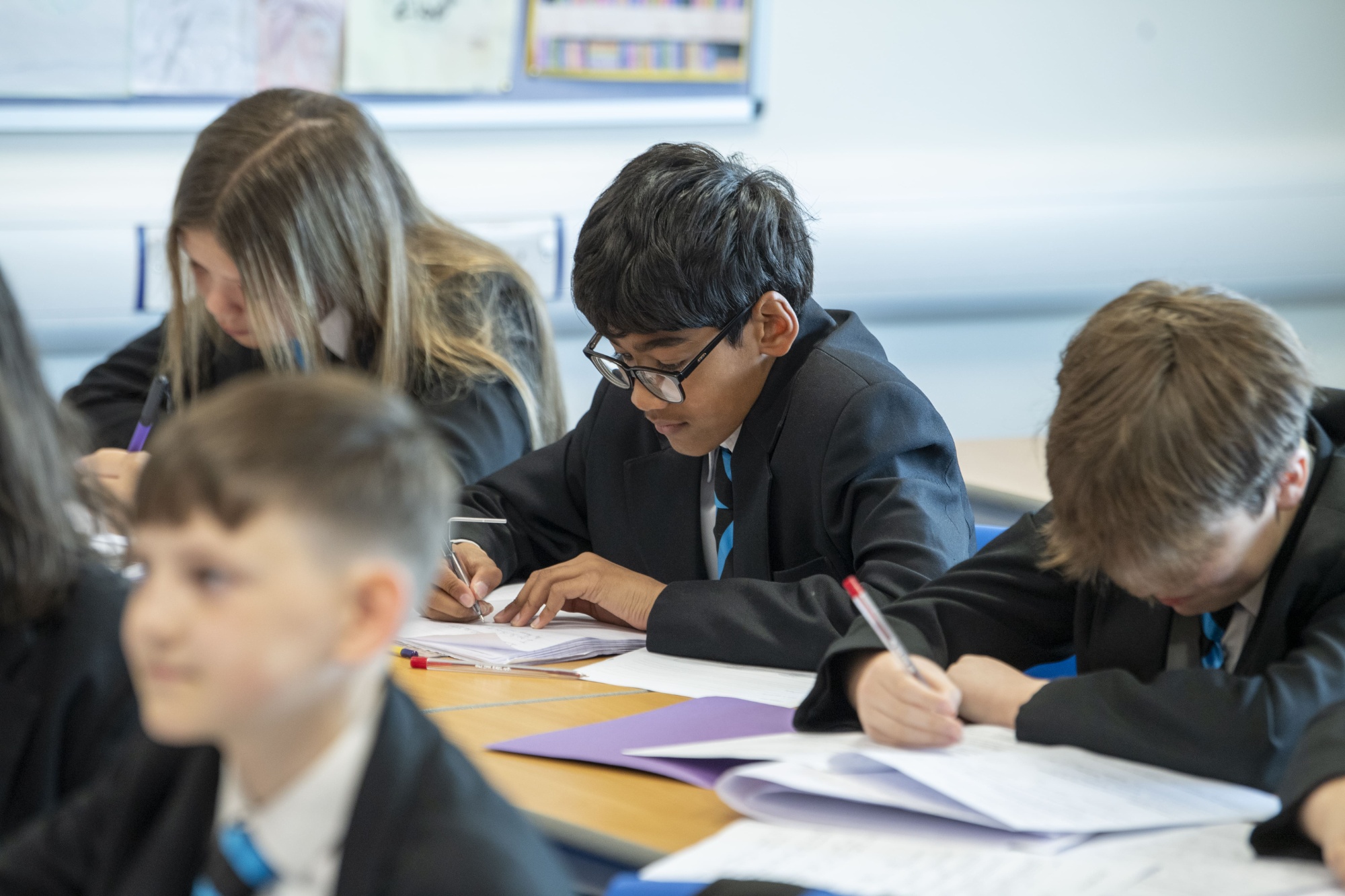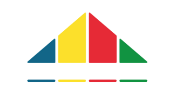History

Year 7
Year 7 History at Colne Primet Academy aims to introduce students to key historical time periods from pre-1066 invasions of Britain to the end of the Stuarts era in 1714. Students will become familiar with substantive concepts that will weave throughout their KS3 and KS4 History curriculum journey, such as Conflict, Empire and Key Individuals. Year 7 History will also gradually reveal important second-order concepts, the skills needed to analyse and compare the time periods they are studying, such as Significance, Cause, and Change and Continuity. From their first few weeks at Primet, students will be exposed to historical sources and interpretations as part of every History lesson and be encouraged to apply their knowledge to historical evidence.
By the end of Year 7, students should be able to identify key features of the time periods they have studied using these concepts and be able to recognise the value of historical evidence.
Year 8
Year 8 History at Colne Primet Academy aims to further students’ knowledge on key historical time periods from the beginning of the British Empire and Industrial revolution of the 1800s, up to the impact of the World Wars within the 20th Century. Students will develop their knowledge with substantive concepts that will continue to weave throughout their KS3 and KS4 History curriculum journey, such as Conflict, Democracy, Dictatorship, Empire and Key Individuals. Year 8 History will also build upon the important second-order concepts, the skills needed to analyse and compare the time periods they are studying, such as Significance, Consequence, and Similarity and Differences. Year 8 students will be encouraged to analyse historical sources and interpretations as part of every History lesson and will be expected to begin applying their knowledge to historical evidence. By the end of Year 8, students should be able to identify key features of the time periods they have studied using these key concepts and to apply their knowledge to historical evidence.
Year 9
Year 9 History at Colne Primet Academy aims to build on students’ national and continental studies from Year 7 and 8 by expanding to a global focus in their third year. In Year 9, students will study a range of modern historical events that shaped the wider world that we know today, from the formation of the American West to the fight for Civil Rights in the U.S and the U.K. Students will be encouraged to assess how the fight for equality changed and differed throughout the modern world, from challenging segregation laws in the American south to the Ford equal pay protests in Dagenham, England. These events will be studied with both substantive and second-order concepts in mind, with students now expected to be confident in identifying them throughout their studies.
By the end of Year 9, students should be able to identify key features of the time periods they have studied using these concepts and be able to apply their knowledge, recognize the value of and challenge historical evidence, which will support them in their GCSE years.
Year 10
Students will begin their GCSE journey by starting with the MAIN causes of the First World War (Paper 1 Section A), they will analyse the chronological and thematic events and significant individuals involved in the Great War and discuss how they all play an important part in the domino-effect of the buildup to international war. Students will be introduced to exam technique almost immediately, exploring the opinions of historians of the main cause of war, to the main reason for German defeat where students will be encouraged to apply their knowledge to complete extended writing questions. This unit also emphasises the significance of source analysis, and the value of sources as historical evidence in most lessons.
Students will then move onto the political whirlwind of Germany 1890-1945, Democracy to Dictatorship (Paper 1 Section B), they will initially draw on some similar content links between the two units, before moving onto the events of the lasting impact of the Wall Street Crash in Weimar Germany, leading to the eventual rise of the Nazis in Germany. Students will study the societal changes in German society throughout the home, workplace, army and international status, drawing on differences and similarities throughout the studied time period. Students will focus on the analysis of interpretations to prepare them for their GCSE exam, asking how and why historical interpretations differ, and which they believe to be most convincing, drawing on their own opinions as well as their own knowledge.
Students will be introduced to the thematic study Britain: Health and the people, c.1000-present (Paper 2 Section A) by studying the first topic focusing on the Medieval period. This includes key events such as the Black Death and the role of the Church in public health. The role of individuals will play a running theme throughout the units studied in Year 10, and students will be encouraged to constantly assess significance and impact in their actions within the time periods discussed.
Year 11
In Year 11, students will continue the thematic study Britain: Health and the people, c1000-present (Paper 2 Section A). Students will look at the beginnings of change during the Renaissance; the revolution in medicine in Industrial Britain and modern medicine in Modern Britain.
Students will finish the content of the course by studying the British depth study including the historic environment, Elizabethan England, c1568-1603 (Paper 2 Section B). Students will look at Elizabeth’s court and parliament; life in Elizabethan times; the troubles at home and abroad, and the historic environment. The historic environment offers an exciting opportunity, changing yearly; students can visit an Elizabethan site and answer a question on this specific site in their exams.
The final half-term is reserved for revision lessons on all four GCSE modules, with a more thematic approach allowing students to apply their content knowledge by practicing exam technique and skills.
If you would like any more information about our History curriculum, please contact Mr J Farmer, Head of Humanities and MFL, by emailing jfarmer@colneprimet.co.uk, filling in the form on our contact us page or phoning the main office to arrange a call back.
